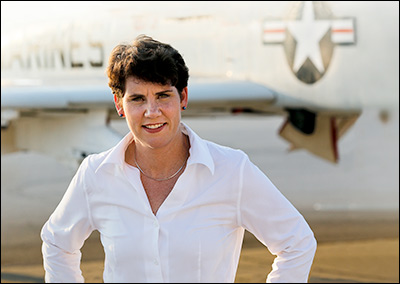By Jim Ellis

Mississippi Lt. Gov. Tate Reeves (R)
Reeves arguably faces the strongest Mississippi Democratic opponent in this century’s state politics. Attorney General Jim Hood (D) has won four consecutive statewide elections to his current position, making him the most successful Democratic politician in the Deep South.
A just released Mason-Dixon Polling & Strategy survey (Oct. 17-19; 625 registered Mississippi voters) finds the electorate breaking closely between the two contenders, as Reeves leads AG Hood, 46-43 percent according to the ballot test responses.
But the Mississippi election, going to the voters on Nov. 5, has an interesting caveat. Winning a statewide majority is not enough to be elected governor. In addition to reaching the 50 percent plateau for the statewide vote, a candidate also must carry a majority of the state’s 122 (meaning 62) state House of Representatives’ districts.
If neither candidate wins both a majority of votes and districts, then the state House members will cast their own votes to choose the next governor. With Republicans holding a 74-44 state House majority with 2 Independents and two vacancies, the chances of the GOP nominee carrying the majority of districts are high, and the Republican winning a vote among House members is a virtual certainty.
According to Mason-Dixon, the two candidates’ favorability indexes are similar. Reeves records a 41:26 percent positive to negative ratio, while Hood posts a 39:29 percent favorable score.
Most of the segments break as one would expect: Democrats going for Hood, 87-2 percent; Republicans favoring Reeves, 82-8 percent. Men favor Reeves, 50-38 percent, while women choose Hood in a 47-43 percent cut. The under 50 years of age segment leans to Hood 46-41 percent, while the over 50 group chooses Reeves, 51-39 percent. Whites support Reeves, 66-24 percent, and blacks back Democrat Hood in their typical division, 80-7 percent.






